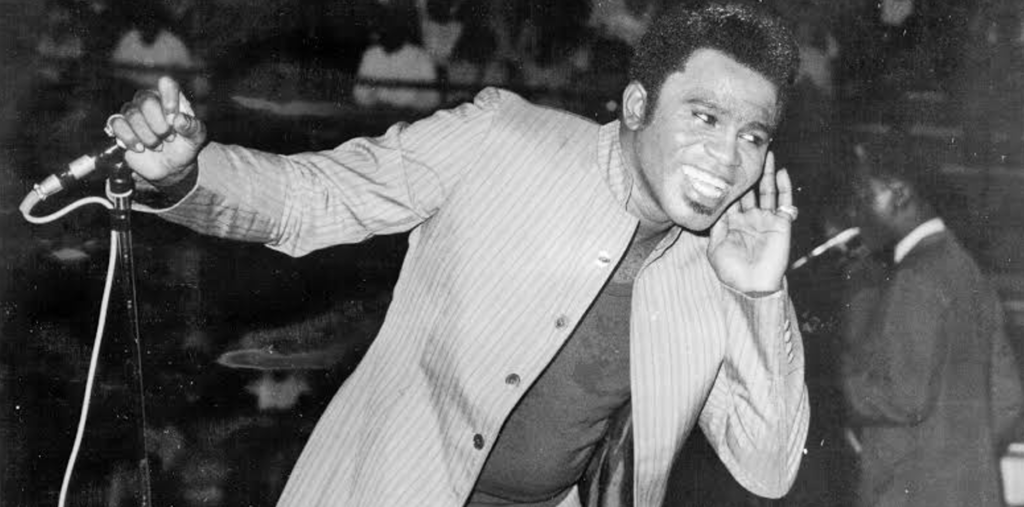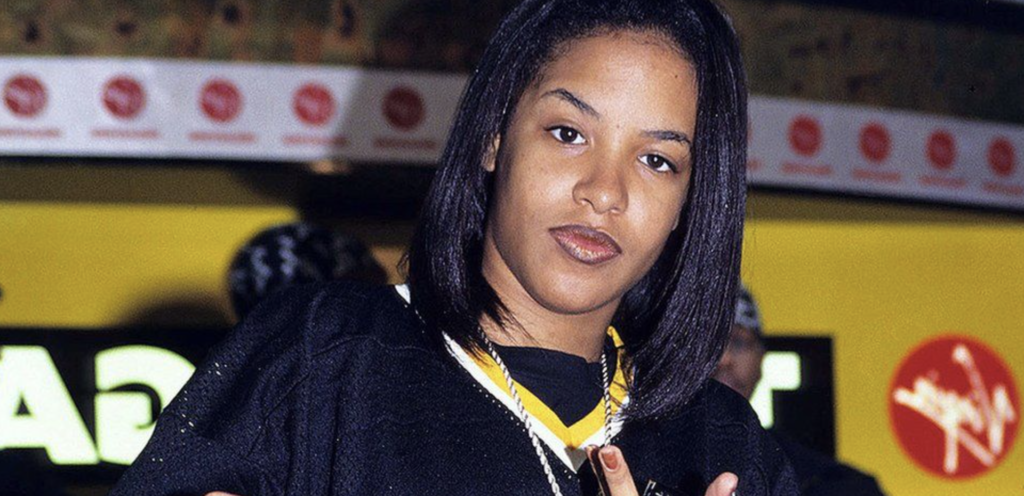Spotlight On Recent Moose Wala Merchant Records Saga
When I am gone….
Upon the untimely demise of Sidhu Moose Wala on May 29, 2022, his family and manager urged all producers, collaborators and fellow artists to refrain from releasing any unreleased music / demos without due consent from them. Going against the said plea, the duo owners of Merchant Records, Salim-Sulaiman, recently announced on social media regarding the proposed release of the song “Jaandi Vaar”, recorded with and featuring Moose Wala on 2nd September for streaming as well as for the sale of merchandise and NFT rights of the song to the public at large.
Taking a firm stand vis-à-vis their previous requests, the parents, backed by famous Punjabi producer and Moose Wala’s manager Bunty Bains, instituted a suit for permanent injunction against Salim-Sulaiman and their company Merchant Records Pvt. Ltd along with certain other entities and digital platforms, against the said release. Vide order dated 29th August, the District Court at Mansa granted an ex-parte ad-interim injunction against Merchant Records as well as some digital media entities against the alleged release, primarily on the ground of balance of convenience being in favour of the family of the deceased singer.
Fact Check
The track in question which was proposed to be released by the duo Salim-Sulaiman under the banner of Merchants Records Private Limited is “Jaandi Vaar”. The track was recorded in the year 2021 and in a video explaining why the duo wished to release, Salim stated that, “the track was beautiful, emotional, heart touching song” and that “You can buy a portion of this song’s audio rights through Kalakaar.io on August 31” possibly referring to Non-Fungible Tokens (NFTs). The track also featuring Afsana Khan was set to be released on 2nd September 2022 and was projected to be a “tribute” to Sidhu by Sali-Sulaiman. However, amidst the announcement, Bunty Bains, posted an appeal to the composers against releasing the track since the parents have not authorised the same and also stated that, “Furthermore commercialising his vocals as well as his name in form of an NFT in addition to offering unlicensed merchandise of Sidhu Moose Wala and unlawful use of his e-signature without any prior permission by tying up with entities such as Kalakaar.io is entirely illegal and infringes the rights at multiple levels and we would advise pull down of all such material.”
Fearing that the release would nevertheless go as planned, without heeding to the appeals made by the parents, a suit for permanent injunction was immediately filed before the District Court, Mansa in Punjab against Merchant Records, the duo, and digital platforms such as Spotify LLC, Google India, Meta Platforms, etc. The Suit has also been filed against unauthorised use of Moose Wala’s name, image and likeliness (e-signature) without permission.
The order[1] dated 29 August 2022 granting an ex-parte ad-interim injunction notes that, “Prima facie, there appears to be grave financial loss, which may be caused to the plaintiffs, in case the defendants are not restrained from releasing, uploading, streaming or displaying the song Jandi Vaar. The balance of convenience also lies in favour of the plaintiffs, at this stage. Ergo, for the reasons mentioned above, the defendants are restrained from using, broadcasting, releasing, uploading, and streaming the song titled as Jandi Vaar sung by the deceased singer, in any manner, whatsoever till 05.09.2022.” The matter is now listed on 05 September 2022.
Ghosts of the Past
There have been several instances of posthumous release of music which have led to legal battles and disputes between families, estates and labels. It is safe to say that these sets of circumstances are not new and can be traced back to as early as 1521, after the death of the French Composer Josquin de Prez, when publishers were seen exploiting his music by publishing it under his name and sometimes even copying the entire compositions and publishing it under a different artist’s name.

A notable example of the same is concerning the famous American Singer, James Brown, wherein his family members were embroiled in a 15-year legal battle over his estate. After the demise of Brown, several lawsuits were filed by individuals who claimed his assets. In 2009, after lengthy mediation, a Settlement Plan was formulated which divided Brown’s estate into three, one half to go to charity, a quarter of the same to his partner Toni Rae Hynie and the remaining to his adult children. However, in the year 2013, this Plan was overturned by the South Carolina State Supreme Court which found the same to be contrary to the alleged wishes of the deceased artist. The Court noted that James Brown explicitly wished to donate his money to charity and accordingly, appointed a professional manager to settle the accounts. However, litigation continued and it was in 2021, finally as a result of another round of mediation that the matter was deemed to have concluded when the estate was sold off to Primary Wave Music[2] for $90million from where, proceeds were required to be utilised for grant of scholarships for children, as per the wishes of James Brown.

Another notable instance concerns the dispute between late R&B Singer Aaliyah’s family and the Label, Blackground Records (founded by her uncle and the said Record Label is presently under Universal Music Group). Aaliyah is probably one of the most famous artists whose popular recordings were not available to her fans even until 2021 in the present digital streaming era, primarily due to a long subsisting tussle between her uncle, owner of Blackground Records and her Estate. In 2021, Blackground Records announced a release schedule of Aaliyah’s 2 previously released albums (which were till then not available on streaming platforms) alongwith a posthumous compilation of her greatest hits featuring new recordings from Drake, Lil Wayne, Timbaland and even Kanye West. In an official statement, Aaliyah’s estate called the same an “the unscrupulous endeavour to release Aaliyah’s music without any transparency or full accounting to the estate compels our hearts to express a word-forgiveness.”.
 Blackground Records have maintained that while they paid serious consideration to the initial reluctance on the part of the Estate to have even Aaliyah’s previously released music available through streaming platforms, the green light to go ahead with the same now after almost 2 decades came from an apparent social media post by her Estate which indicated potential deals with record labels and streaming services for making her music available. However, the Estate are still stated to continue to defend and preserve her legacy, it appears that amongst the several law suits, the dispute concerning unreleased music seems to have settled over time without an actual result, with the abovementioned 3 albums now available on global streaming platforms such as Spotify and Apple Music.
Blackground Records have maintained that while they paid serious consideration to the initial reluctance on the part of the Estate to have even Aaliyah’s previously released music available through streaming platforms, the green light to go ahead with the same now after almost 2 decades came from an apparent social media post by her Estate which indicated potential deals with record labels and streaming services for making her music available. However, the Estate are still stated to continue to defend and preserve her legacy, it appears that amongst the several law suits, the dispute concerning unreleased music seems to have settled over time without an actual result, with the abovementioned 3 albums now available on global streaming platforms such as Spotify and Apple Music.
The Legalities
The above 2 examples are indicative of no apparent inclination on the part of the artist or their families / Estates to release posthumous music. In contrast, Queen’s “Made in Heaven” where Freddie Mercury apparently was aware that the said Album would be released after his death and thereby, attempted to provide instructions on the same. The problem arises with unintended posthumous albums and releases like the present one by Salim-Sulaiman which prima facie are against the wishes of the Estate / family of the deceased artist.
The above, coupled with the intention to commercialise Moose Wala’s likeliness, name and image by way of unauthorizedly using his name and e-signature and even selling part of the rights to the proposed song as an NFT. The cumulative intention of Merchant Records here can be deemed by many to commercialise on the immense popularity of Moose Wala all around the globe, especially upon his death and to capitalise on such an unfortunate timing. After all, he became the only Punjabi artist to be ranked on Billboard’s Global 200 Charts, after his death.
A similar and unfortunate incident concerning “exploitation” of the likeness and name of the artist Bob Ross comes to mind where after his death, it has been alleged by his family that Walt Kowalski and Bob Ross Inc. exploited and commercialised his likeness without their permission or any part of the same being shared with them. While Bob Ross’s case is a classic example of mis-management of Estate, it is still am important case which highlights how pertinent estate management actually is in order to safeguard that likeness of an artist is not improperly exploited or commercialised.
Questions Unanswered
The above discussion brings three pertinent questions to the fore, firstly, can the family of Sidhu Moose Wala assert any Copyright to the unreleased music by him, especially that involving other artists, producers, record labels etc. Second, can Salim-Sulaiman, simply release the music conferring “one part” of the proceeds to the family without consent? And lastly, can Salim-Sulaiman commercialise upon likeness, e-signature, name and image of the artist thereby in essence his “publicity rights” without express assignment of the same?
Who owns the Copyright
As far as the first question is concerned, the answer would lie in the Agreement concluded between all parties concerned specific to each composition / song and the law as enshrined in the Copyright Act, 1957. It is pertinent to note that assignment of rights in a work by an artist is mandated to be in writing as per the Copyright Act, 1957 and hence, the manner in which the rights were assigned would determine the question of who holds the copyright.
In case the same has not been done, the same will be determined in view of the established principles under the Act, including inter alia, as per Section 17 of the Copyright Act, which in essence, imparts that the author of the work is the first owner of the copyright. In case of a sound recording or a cinematograph film, it is the Producer who is deemed to the owner of the copyright. It is also essential to note that after the death of an artist, their family is entitled to the copyright which will pass on as an asset subject to Section 17 which under clause (c) notes that any work created under an employment agreement shall confer the ownership of the same to the employer. Given that Salim-Sulaiman are the Producers to the proposed track “Jaandi Vaar” under Merchant Records and also features Afsana Khan, the track seems to be collaboration between several artists and hence, the classic legal conundrum of who holds the rights – the composer or the producers, often arises.
While it is well established under Copyright law, that while the composer is the owner of the music and the singer/songwriter shall have rights in the underlying literary work, the rights in the eventual sound recording would vest in the producer unless a contrary provision lies in the Agreement between the parties. However, the composer, singer cannot be deprived of any statutory moral rights and royalties must accrue to them. Since the modalities and agreement between the Sidhu Moose Wala and Merchant Records are not in public domain, it remains to be seen how this question will be decided.
Unilateral Release with Unaccounted Profits
In regard to the second question, as to whether Salim-Sulaiman, may simply release the music conferring “one part” of the proceeds to the family without consent, it seems that the said approach may be misplaced since it not only the track which they wish to exploit but also his likeness thus, his publicity rights acting on complete lack of moral integrity and permission. The third question may also be dealt in tandem here which demands as to whether his e-signature may be exploited and whether the rights to the song may be sold as an NFT without the consent of the family. Does the above imply cheap profit grab tactics on the part of the Merchant duo?
The above two things, if not a part of the Agreement between Sidhu Moose Wala and Merchants Records at the inception, will be impressible under law. Allowing individuals to own rights to the song if outside the purview of the Agreement within the parties would result in copyright infringement and give rise to a fresh cause of action each time. The Delhi High Court in ICC Development (International) Ltd Vs Arvee Enterprises and even the Madras High Court in Mr. Shivaji Rao Gaikwad v. M/s. Varsha Productions have noted the evolution and applicability of publicity rights to be rooted in the right to privacy and any unscrupulous attempt ought not be permitted.
It is safe to say, that the case has the potential to definitely paint the contours of the law surrounding posthumous releases of music in addition to also determining key question involving Copyright law and Non Fungible Tokens which are novel and unchartered.
However, in a recent statement issued by Salim-Sulaiman, they have agreed to defer release of the song, subject to the ‘blessings’ of Sidhu Moose Wala’s parents and family. Hence, it appears that the academic questions raised in the matter as well as hereinabove shall have to wait the light of another similar eventuality to be decided as per law.
posthumous-release-of-music-who-profits to Dlownload this blog PDF
[1] CS 813 of 2022 Smt Charan Kaur & Another VS Merchant Records Pvt Ltd and Ors, District Court Mansa.
[2] Fun Fact : Primary Wave Music specialises in estate management and owns half of Whitney Houston’s estate as well as the largest interest in Prince’s estate.





